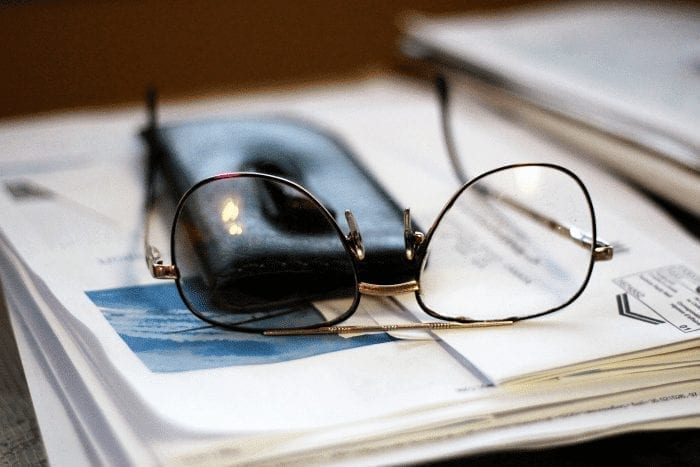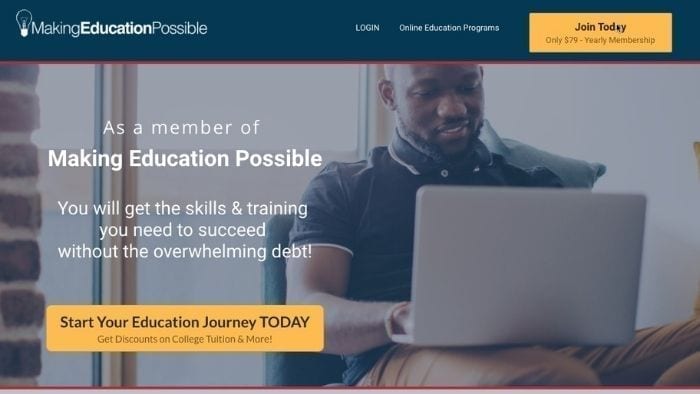
How To Study Most Effectively For Your Learning Style
How can you make learning easy and effective?
Contrary to popular opinion, textbooks and lectures might not be your best option. Whether you are taking a regular class or studying for a CLEP exam, you can greatly increase your productivity by planning a study schedule designed to compliment your particular learning style.
Here are some ideas to get you started:
Visual Learning
If you remember people’s faces better than their names and enjoy learning through YouTube videos, you’re probably (at least partially) a visual learner.
Take detailed notes
Whether you are sitting in class or reading a book, take the time to record copious notes that you can then review later. While taking notes can seem slow, you will learn much more effectively by investing time in this. To take notes to a whole new level, consider creating diagrams or even mind maps.
Watch a video on the topic
Whether you find an entire lecture online or simply Google a short clip to answer a particular question, you will find videos to be very strong study aids. To start off, you might want to look for your topic on Khan Academy or Academic Earth.
Use flashcards
Flashcards will help you learn the subject, and repetition will help you actually retain the knowledge. If you are creating your own flashcards, you can use traditional paper cards (bonus points: add drawings to make them more memorable), or you can type them into an online flashcard system such as StudyBlue.
Of course, if you are studying for a CLEP test, we highly recommend our specially designed flashcards/practice questions that are written to actually teach rather than simply review.
Auditory Learning
If you enjoy talking to yourself or prefer phone calls to emails, you very well might be an auditory learner who studies best by listening.
Look for audio recordings or videos
If you’re an auditory learner, you many wish to avoid the visual side of videos. To do this, you can find an audio-only information source (such as The Great Courses), or you can simply listen to a video without watching it.
Verbalize what you’ve learned
In much the same way that visual students learn by writing notes, auditory learners can solidify their learning by verbalizing. Putting your studies into your own words helps you to truly grasp the subject and remember it longer.
Read aloud
Rather than painfully progressing through a required textbook, you can enjoy the process more and improve your learning by simply reading the book aloud.
Kinesthetic Learning
If you hate following owner’s manuals and you often tap your foot to music, you are probably a kinesthetic learner – meaning you learn best through physical activity.
Take frequent, short study breaks
Rather than forcing yourself to sit through long study sessions, break your study time into short 25 minute segments with 5 minute breaks in between to move around and get some exercise. This is really useful for all students, but it particularly helps kinesthetic learners study more effectively.
Look for ways to actively apply your learning
If you’re studying something theoretical, it can get frustrating pretty quickly. To overcome this, look for practical applications of your learning and consider visiting or even joining a club on the topic to see how other people apply the theoretical knowledge in the real world.
Keep your hands busy
Whether you get a stress ball or just fiddle with your pen, keeping your hands busy while you study will help your brain remain actively engaged. Try to find some way to be physically active even while focused on a largely mental activity such as studying.
Closing Thoughts
Whatever your learning style may be, keep in mind that most of us are a combination of all three learning styles. Definitely try study methods best suited to your learning style, but don’t be afraid to try methods from other categories. The goal is to find the few methods that work best for you.


